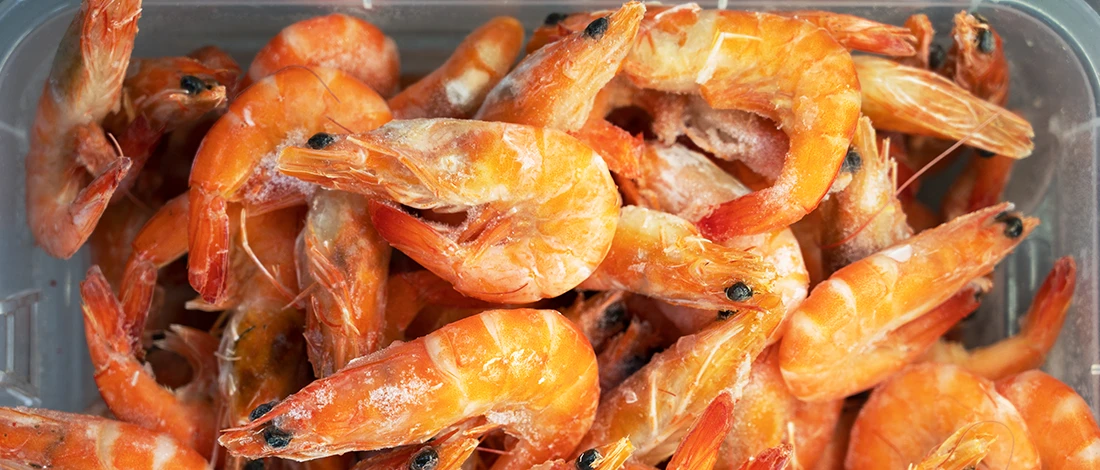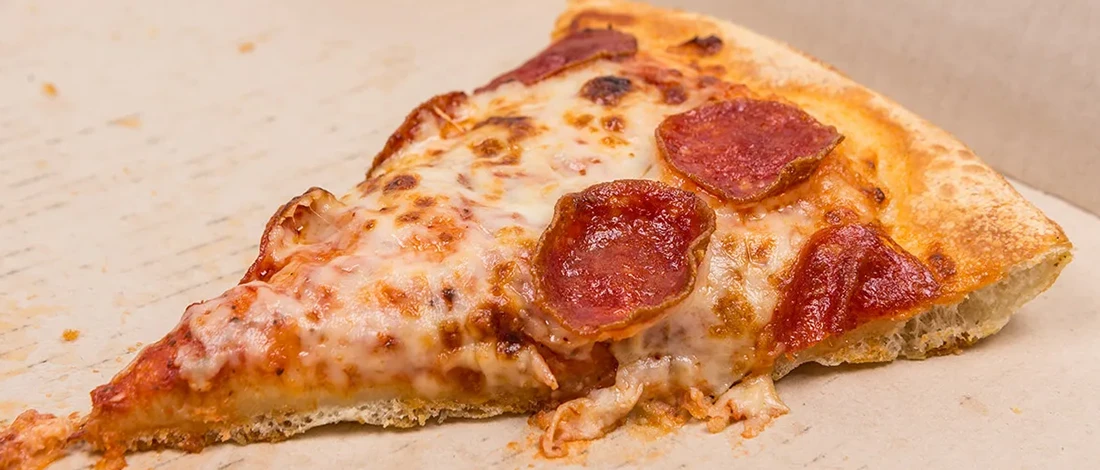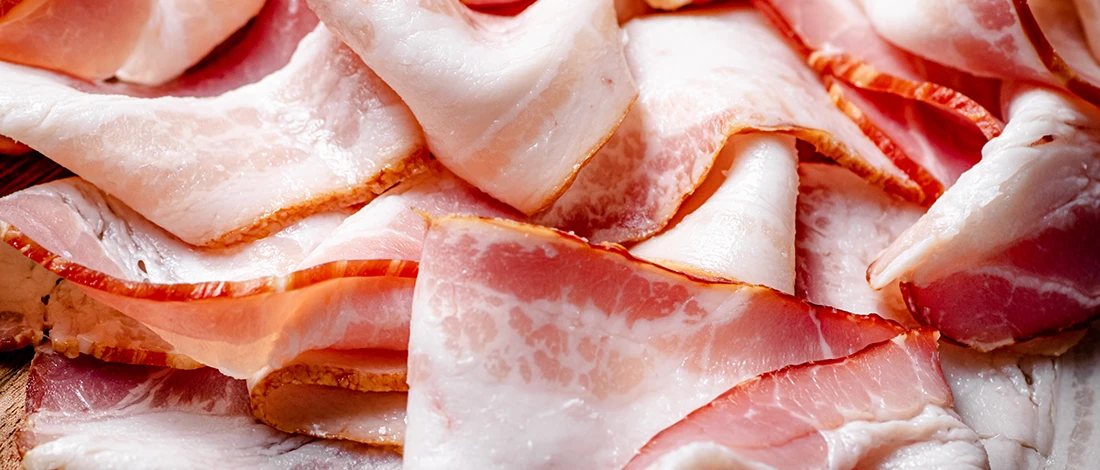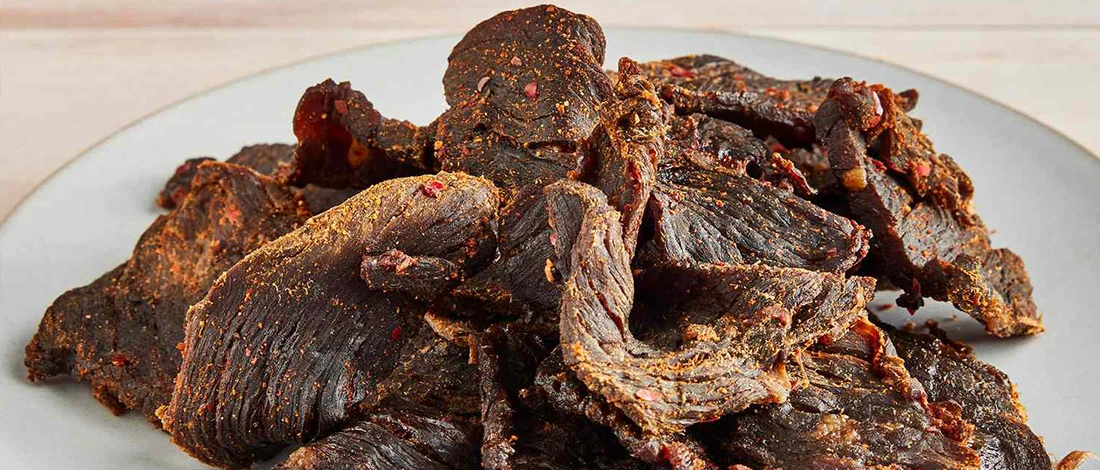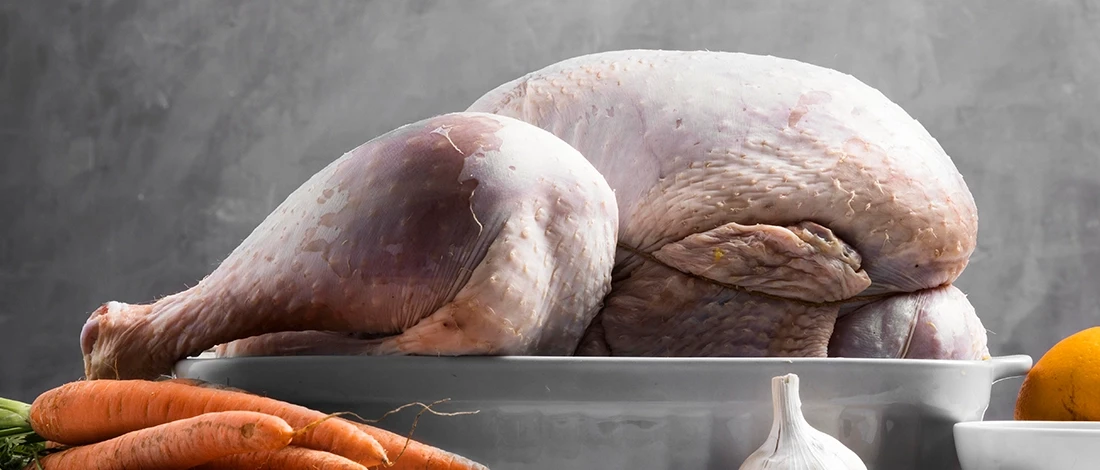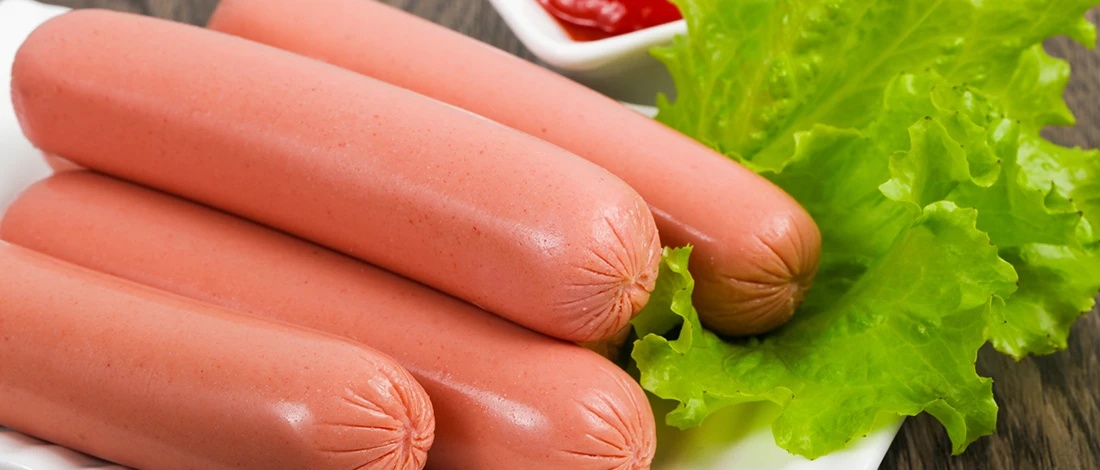Italian food is one of my favorites, and I cook an Italian dish at least once a week. This mostly means miles of spaghetti, most often with meat sauce.
I always have uncooked and cooked pasta, so I had to find out how long can I keep spaghetti in the fridge.
I checked what the USDA says and talked with a registered dietitian. I also purposely left spaghetti leftovers in the fridge to see how long they’ll stay fresh.
Carnivore Style’s team also offers useful tips on food storage to ensure your meals are as fresh and delicious as possible.
Here’s everything you should know about the safety of keeping spaghetti in the fridge.
Quick Summary
- Uncooked spaghetti lasts about a week in the fridge if stuffed and up to two years in the pantry if dry.
- Cooked pasta lasts between three to five days in the fridge.
- You should keep cooked spaghetti in an airtight container and check its smell, color, and texture before consumption.
How Long Does Uncooked Spaghetti Last in the Fridge
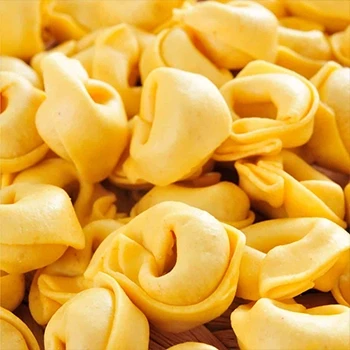
Uncooked spaghetti lasts for less than a week in the fridge. This is a general estimation, and how long uncooked spaghetti last in the fridge depends on the exact type of spaghetti you bought.
For example, stuffed pasta, such as tortellini, can last for five days. Pasta bought in a deli usually has a best-by date on the package.
You should use the pasta before this date and throw it out if the date has passed.
In case your pasta is the hard, uncooked spaghetti that comes in a box, you don’t need to store it in the fridge.
You can keep this pasta in your pantry for one to two years. Still, you should check the expiration date of this spaghetti and use it beforehand.
How Long Does Cooked Spaghetti Last in the Fridge
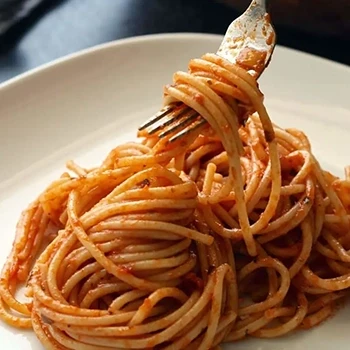
Cooked spaghetti lasts in the fridge between three to five days. This depends if you have only spaghetti or spaghetti with sauce.
Spaghetti sauce can last up to three days in the fridge, and spaghetti without sauce lasts for four to five days.
The moisture and perishables in pasta sauces create a perfect breeding ground for bacteria.
In case you cook spaghetti and meatballs, the meat will shorten the spaghetti shelf life because the meat is prone to bacteria growth. This is why you should store meatballs separately from the pasta.
Fish spoils even faster than meat. In case your pasta sauce is made with fish, eat the leftover spaghetti the next day.
If you have a cream spaghetti sauce, such as alfredo, pesto, and other cheese-based sauces, you can store it in the fridge for up to five days.
Ultimately, cooler temperatures slow down the spaghetti decay but don’t stop it completely. This is why proper storage is crucial for cooked spaghetti’s shelf life.
You can freeze spaghetti if you know you won’t consume cooked pasta in the next five days. Keep cooked spaghetti in the freezer for up to two months without losing its quality.
Related Articles:
6 Tips on Storing Spaghetti

Here’s how to store cooked spaghetti:
- Once your spaghetti is cooked, let it cool and store it in the fridge within two hours of cooking [1]. You need to cool the pasta because moisture trapped in warm cooked pasta is sealed when you place pasta in the fridge. This creates a perfect environment for bacteria growth. Also, if you leave cooked pasta at room temperature for over two hours, bacteria will spread.
- Rinse pasta with cold water and drain as much liquid as possible to speed up the cooling process.
- Store spaghetti in the fridge in a shallow, airtight container and resealable bags. If you’re using bags, remove as much air as possible to prevent bacteria growth.
- In case you don’t have a lid for a shallow container, cover it tightly with plastic wrap.
- Toss leftover pasta with a little olive oil so it doesn’t stick together in the fridge.
- Keep refrigerator temperature at 40 degrees or below to preserve leftover spaghetti.
- Store spaghetti noodles and spaghetti sauce in separate containers.
Here’s how to store pasta for freezing to keep spaghetti fresh for as long as possible:
- Never freeze hot pasta. Prepare leftover spaghetti for freezing by letting it cool.
- Store cooked pasta and spaghetti sauce together. Plain pasta can turn mushy when thawed, but it keeps its consistency better when combined with meat sauce.
- Cook pasta al dente or leave it undercooked so your pasta dishes don’t get too soft when thawed.
- Store spaghetti in airtight resealable plastic bags instead of containers. Remove air to avoid freezer burn.
- Store multiple servings separately. Each serving should go in a separate bag. This lets you always thaw the exact amount of pasta you need.
- Put a label with a date on the bag so you know when you froze the spaghetti.
3 Ways On How to Tell Spaghetti Has Gone Bad

You can tell spaghetti has gone bad by checking changes in color, texture, and smell.
Spaghetti comes in chaotic colors, consistencies, and ingredients, and all of these can hide signs the spaghetti is spoiled. Just because you can’t see any signs of spoilage, it doesn’t mean there’s no mold and bacteria underneath the surface.
1. Smell
It’s easy to tell uncooked pasta has gone bad. If you notice an unpleasant smell, throw it out. It’s more difficult to tell if cooked pasta is spoiled. Herbs and sauces can mask the bad smell and make you think your spaghetti is fresh.
Always check for other signs you have spoiled spaghetti, apart from the smell.
2. Color
Spoiled pasta has a dull color, or it’s discolorated. For example, there’s a gray or white hue. Also, if your pasta is becoming darker than before, it’s a sign starches are going bad.
3. Texture
The final way to tell if you have spoiled food is texture. Spaghetti with a slimy or gooey texture is spoiled. This one is difficult to notice if you store spaghetti with the sauce.
But, if you store the noodles separately from the sauce, you’ll easily notice slime.
Also, if there’s visible white or green mold on the sauce or noodles, don’t eat it. Mold can look like seasonings and herbs, so check closely at the sauce.
In case the noodles are slimy, crumbly, or falling apart, you’re eating expired pasta that’s gone bad.
How to Reheat Spaghetti
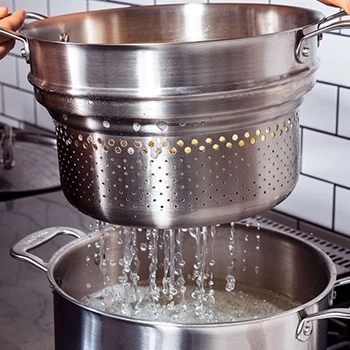
You reheat plain spaghetti without sauce by putting it in a strainer and placing it in boiling water for around a minute. Heat leftover pasta sauce in a heat-safe dish in an oven for around 20 minutes at 350 degrees.
You can also reheat spaghetti in a skillet over medium heat. If you opt for a skillet, you should stir gently so the spaghetti heats thoroughly. You can add a little olive oil so the spaghetti doesn't stick and burn.
Finally, you can reheat in the microwave. Use the reheat settings on your microwave and stir halfway through so it’s completely warm.
“Store pasta thawed in the fridge for up to five days, whereas pasta reheated in cold water or microwave has to be consumed immediately.”
- Sooraj Mohan, YouTube Channel
In case you’re reheating frozen spaghetti, it’s best to do it on the stove. Add some oil if your pasta was frozen without sauce. Or, if you have more time, place the spaghetti noodles in the fridge overnight to thaw, then heat in the microwave.
FAQs
Can You Eat Cold Pasta?
Yes, you can eat cold pasta. If your pasta was refrigerated at 40 degrees and you’re eating it within five days of cooking, you can eat it cold without fearing food poisoning.
Is Leftover Pasta Better for You?
Yes, leftover pasta can be better for you. When you cook and cool pasta, some carbs turn into resistant starch. This starch is better for digestion and blood sugar levels [2].
Carnivore Style is dedicated to providing you with the best meat storage tips and resources so you can enjoy high-quality, safe meals every time. Stay informed and keep your meat-loving lifestyle safe and delicious by following proper storage practices. Don't forget to explore our other guides for more helpful advice.
References:


